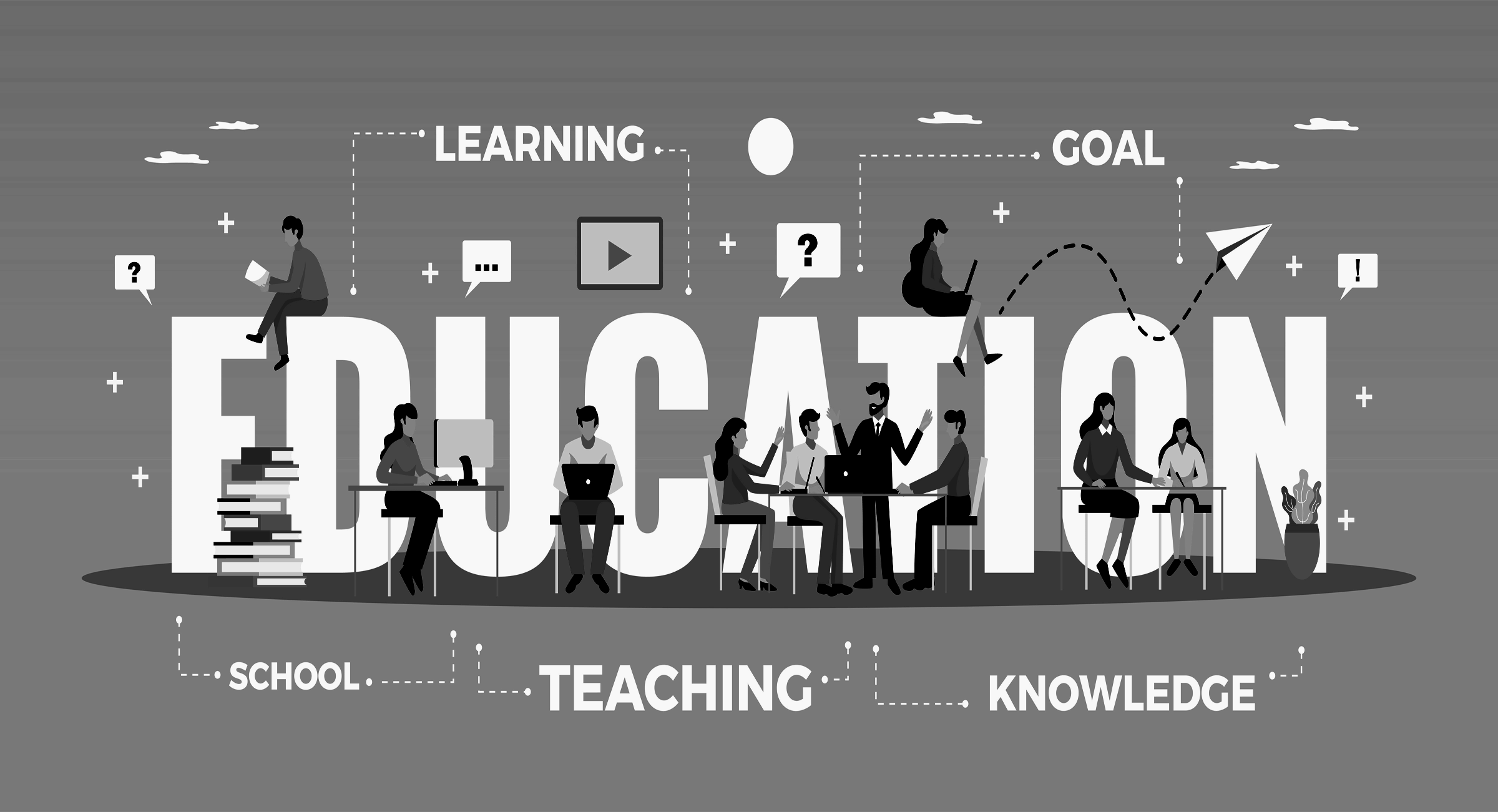
Why Exams May Not Be the Best Way to Assess Student Learning: Exploring Alternative Assessments
Assessments play a critical role in the education system. They help to evaluate student learning outcomes, guide instructional decisions, and measure the effectiveness of teaching methods. Traditional exams have been the primary form of assessment for decades, but there is growing concern that they may not be the best way to assess student potential. In this article, we will explore the drawbacks of using exams as the primary form of assessment and discuss alternative assessment methods that can be used to better evaluate student potential and improve learning outcomes.
The Drawbacks of Using Exams as the Primary Form of Assessment
Traditional exams have several limitations that can impede their ability to accurately measure student learning outcomes. One of the most significant drawbacks of exams is that they are often focused on memorization and recall rather than critical thinking and problem-solving skills. This means that students may be able to pass an exam without truly understanding the material or being able to apply it in real-world situations.
Exams also tend to be a high-pressure environment that can create stress and anxiety for students. This can lead to students underperforming, even if they have a good understanding of the material. Additionally, exams can be biased towards certain types of learners. Students who struggle with test-taking or have test anxiety may perform poorly on exams, even if they have a good understanding of the material.
Finally, exams only provide a snapshot of a student's knowledge at a particular moment in time. They do not account for a student's growth and development over time, which can lead to an incomplete picture of a student's potential.
Alternative Assessment Methods
Alternative assessment methods are designed to address the limitations of traditional exams by providing a more comprehensive evaluation of student learning outcomes. Some examples of alternative assessments include:
Project-based assessments:
In project-based assessments, students work on a long-term project that requires them to apply their knowledge and skills to a real-world problem. This type of assessment allows students to demonstrate their critical thinking and problem-solving skills, as well as their ability to apply knowledge in real-world situations.
Performance assessments:
Performance assessments require students to demonstrate their skills and knowledge through a task or activity. This could include anything from giving a presentation to conducting a science experiment. Performance assessments provide a more authentic evaluation of a student's abilities and can be less stressful than traditional exams.
Portfolios:
Portfolios are collections of student work that demonstrate their progress and growth over time. Portfolios can include a range of materials, including essays, projects, and other assignments. Portfolios allow for a more comprehensive evaluation of student learning outcomes and provide a more complete picture of a student's potential.
Advantages and Disadvantages of Alternative Assessments
Alternative assessments offer several advantages over traditional exams. They provide a more comprehensive evaluation of student learning outcomes, allow for a more authentic evaluation of a student's abilities, and can be less stressful for students. Additionally, alternative assessments can help to promote student engagement and motivation, as students are often more invested in projects and activities that allow them to demonstrate their knowledge and skills.
However, alternative assessments also have some disadvantages. They can be more time-consuming and resource-intensive to administer than traditional exams. Additionally, there can be a lack of standardization in alternative assessments, which can make it difficult to compare student outcomes across different schools or districts.
Can We Improve Learning Outcomes by Replacing Exams with Alternative Assessments?
Research suggests that alternative assessments can be effective in improving student learning outcomes. According to a study published in the Journal of Educational Psychology, students who were tested using alternative methods, such as project-based assessments, performed better than those who were tested using traditional exams. In a survey of educators conducted by Edutopia, 76% of respondents said that they believed alternative assessments, such as portfolios and performances, were better indicators of student learning than traditional exams. Furthermore, a case study conducted by the New York Performance Standards Consortium, a group of public high schools, showed that replacing traditional exams with performance-based assessments led to a significant improvement in student learning outcomes.
Alternative assessments can also provide a more comprehensive picture of a student's abilities and potential. While traditional exams tend to focus on memorization and recall, alternative assessments can evaluate a student's critical thinking, problem-solving, and creativity skills. For example, a student who struggles with test-taking may perform poorly on a traditional exam but may excel when given the opportunity to demonstrate their knowledge through a project or presentation.
However, alternative assessments are not without their limitations. They can be more time-consuming and resource-intensive to design and implement compared to traditional exams. Furthermore, grading and evaluating alternative assessments can be subjective and may require more training and expertise from educators.
Despite these limitations, the current debate around replacing exams with alternative assessments is gaining traction among educators and policymakers. The shift towards alternative assessments reflects a growing recognition that traditional exams may not be the best way to evaluate student learning outcomes and potential.
Educators and researchers have called for a more holistic approach to assessment that considers a range of factors beyond just test scores. This includes evaluating a student's progress over time, taking into account their personal and cultural background, and providing opportunities for self-reflection and feedback.
Final Thoughts
In conclusion, while traditional exams have long been the primary form of assessment in education, they have limitations that can affect student learning outcomes and potential. Alternative assessments, such as project-based assessments, portfolios, and performances, can provide a more comprehensive and effective way to evaluate student learning. While there are challenges to implementing alternative assessments, the current debate around their use reflects a growing recognition of the need for a more holistic approach to assessment that considers a range of factors beyond just test scores.
Education


